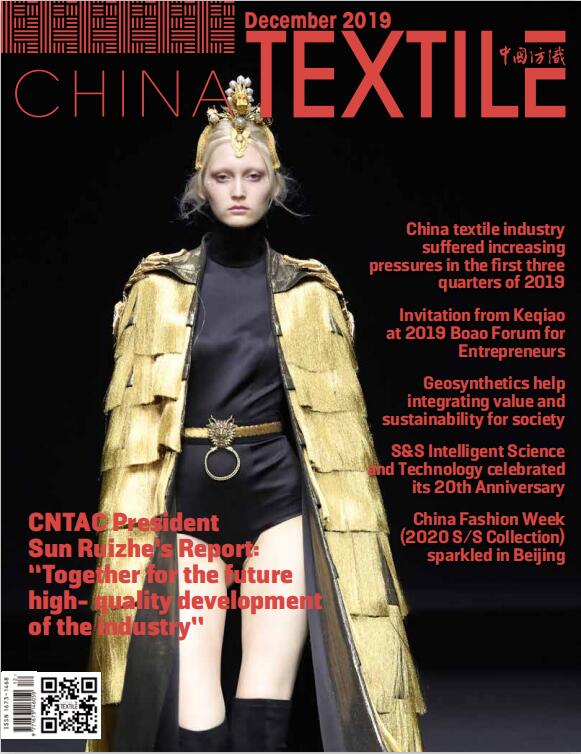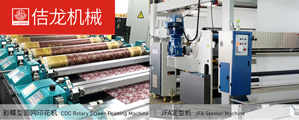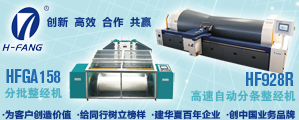When 5G comes, what will happen to the textile industry?
Aug 09, 2019 | by CT
What changes can advanced 5G technology bring to manufacturing industry? I believe that this is also the most urgent thing many textile people want to know. Today I would like to share with you the impact of 5G on the future textile industry.

Undoubtedly, the realization of 5G technology will play an important supporting role in the fields of Internet of Things, industrial automation control, logistics tracking, industrial AR, cloud robots and other intelligent manufacturing fields. Therefore, the future textile industry will set off an unprecedented intellectual revolution through the combination of 5G technology and intelligent manufacturing.
Change 1: Informatization and data-based between devices
Through the Internet of Things, all the equipments are connected together, and various indexes are monitored in real time in the spinning process. Based on powerful database and artificial intelligence algorithm, the abnormal indexes of yarn are quickly responded, which greatly improves the production efficiency.
Change 2: Popularization of industrial robots
The Internet of Things connects the processors and sensors on the production site so that the robots can communicate with each other. The work of machines and people will no longer be strictly divided. The future manufacturing system integrates people and machines.
It is conceivable that in the future 5G factory, there will be methodical robots running through the textile machines. The pictures that appear in this movie may not be far away from us.
Change 3: Remote maintenance of equipment
Based on 5G technology and robots, remote maintenance of equipment can be realized. With the characteristics of 5G low delay and AR technology, engineers can operate robots remotely to maintain the equipment, which greatly reduces the maintenance time and labor costs.
Change 4: Interaction and coordination between robots and devices
In the future, 5G will realize unprecedented interaction and coordination between industrial robots and between industrial robots and machine equipment in the process of intelligent manufacturing. In the flexible manufacturing mode, 5G will meet the high requirements of flexible mobility and differentiated business processing of industrial robots.
With the introduction of intelligent manufacturing scenarios, the demand for wireless communication networks in textile industry has emerged. 5G network can provide diversified and high-quality communication guarantees for highly modular and flexible production systems. Compared with traditional wireless network, 5G network has obvious advantages in low latency, high density and mass connection of factory application, reliability and network mobility management. It is the key of intelligent manufacturing in traditional textile industry.








